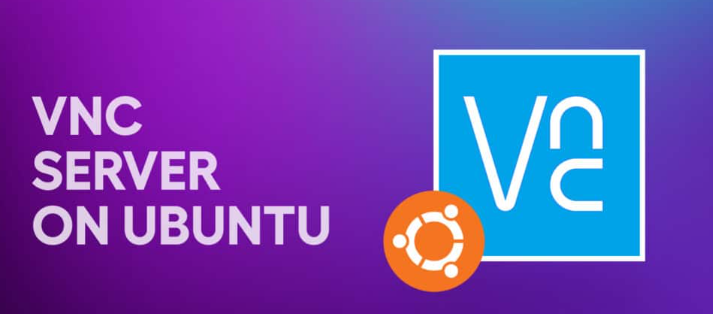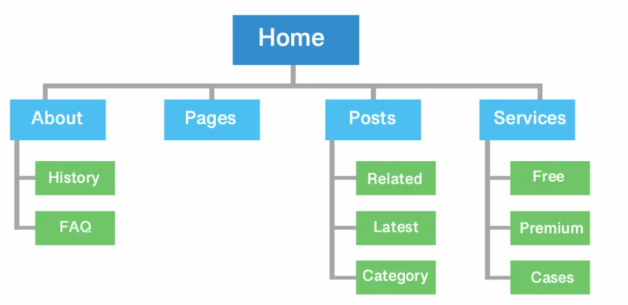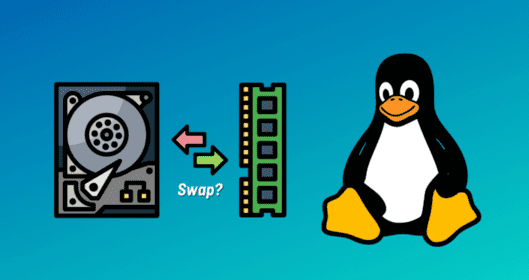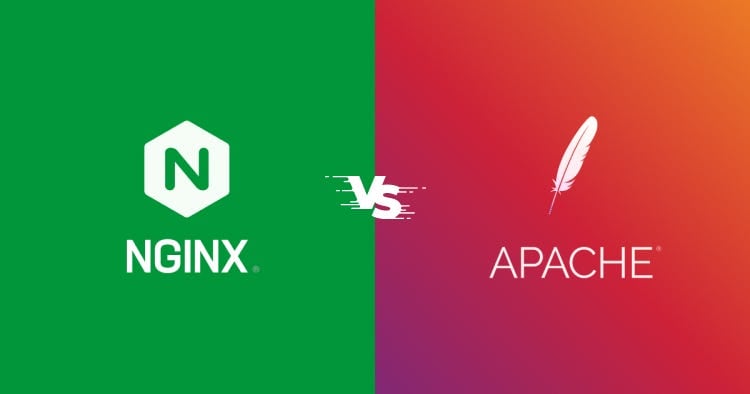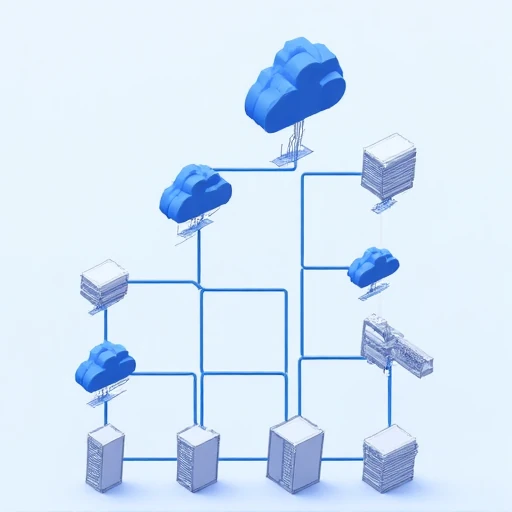Obtenir 25% Offre de réduction pour tous les services 13h Letf
Services recommandés
Scripts pris en charge célèbres
Auteur/autrice : Colonel Serveur
Comment installer VNC sur Ubuntu
Dans ce guide complet, we'll delve into the significance of VNC and its indispensable role in remote server management, troubleshooting, and even collaborative software development. We'll explore the vast landscape of possibilities that VNC offers and demonstrate how to harness its capabilities to enhance your Ubuntu 20.04 ...
Comment installer et activer le plugin RANKMETH
Rank Math SEO Plugin Installation and Configuration Guide
Installing and configuring the Rank Math SEO plugin is a powerful step toward optimizing your WordPress website. Dans ce guide, we'll walk through every detail — from initial installation and setup to advanced features like schema integration, sitemap configuration, 404 ...
Qu'est-ce qu'un plan de site – Quelles sont les caractéristiques d'un bon plan du site
What is a Sitemap and Why It Matters for SEO
A sitemap is a structured file that lists all important pages of your website. It helps search engines like Google crawl your website more efficiently. A sitemap acts like a roadmap, showing search engines how your site is ...
Qu'est-ce que le taux de clics ou le CTR et son impact sur le référencement du site Web
Click-Through Rate (CTR) is a critical metric in the world of SEO and digital marketing. It helps determine how attractive and engaging your website links are to internet users. The higher the CTR, the better your chances are at driving traffic and achieving your business goals.
What is ...
Qu'est-ce que Elementor
Elementor Plugin: The Ultimate WordPress Page Builder
Elementor is a leading WordPress page builder plugin designed to simplify the website creation process for users of all skill levels. With over 18 million active installations worldwide, it offers an intuitive drag-and-drop interface, making it easy to create professional websites ...
What is hosting and 10 characteristics of a good hosting
What Is Web Hosting? A Complete Beginner’s Guide
If you're planning to launch a website, one of the essential services you need is web hosting. Just as a physical business needs a store or office to operate from, your website requires a digital space to store its files ...
What is WordPress
What is WordPress? A Complete Guide for Beginners
Introduction
In today’s digital world, having a strong and efficient website is essential. But did you know that you can launch your professional website without any coding knowledge? Oui, with WordPress, it’s totally possible. In this article, we’ll take a comprehensive ...
Comment créer un espace d'échange dans le système d'exploitation Linux
Échangez l'espace à Linux: What It Is and How to Create It on CentOS
Swap space in Linux functions similarly to virtual memory in Windows, acting as an extension of physical RAM when the system runs low on memory. Instead of allowing the operating system to crash or ...
Pourquoi vous avez besoin d'hébergement par e-mail professionnel
Professional email hosting is essential for any company seeking to establish a credible online presence. A domain-specific email address not only strengthens your brand but also adds credibility to communications with clients, partners, and customers. Dans ce guide, we’ll explain why your company needs professional email hosting.
With ...
Qu'est-ce que CDN et comment l'utiliser
What is a CDN? Understanding Content Delivery Networks
A Content Delivery Network (CDN) is a geographically distributed network of servers designed to deliver web content more efficiently to users based on their location. The core goal of a CDN is to reduce latency, increase speed, enhance availability, et ...
Nginx vs Apache - quel serveur Web est le meilleur
NGINX vs Apache – Which Web Server Is Right for You?
NGINX and Apache are among the most widely used open-source web servers in the world. The debate over which one is superior has been ongoing for years, with each having its own strengths and ideal use cases. ...
how fix white screen of death wordpress
Troubleshooting the WordPress White Screen of Death
Encountering a blank, white screen on your WordPress website can be frustrating. Known as the "White Screen of Death" (WSOD), this issue often causes the entire site or certain sections to go completely blank. Fortunately, this guide will help you identify ...
comparison of cloud backup and collocation
In 2010, cloud infrastructure services began gaining popularity, with AWS leading the way in hosting both public and private IT infrastructures. Web developers in the IT industry increasingly gravitated toward major cloud providers like AWS, Azure, and Google, which offered automation platforms that simplified code deployment and ...
how to use nano text editor
Using the Nano Text Editor: A Complete Guide
When working on Linux in command-line mode, you often need to create or edit text files. One of the well-known editors is Vim, but it can be difficult for beginners. For users looking for a simpler and more user-friendly alternative, ...

